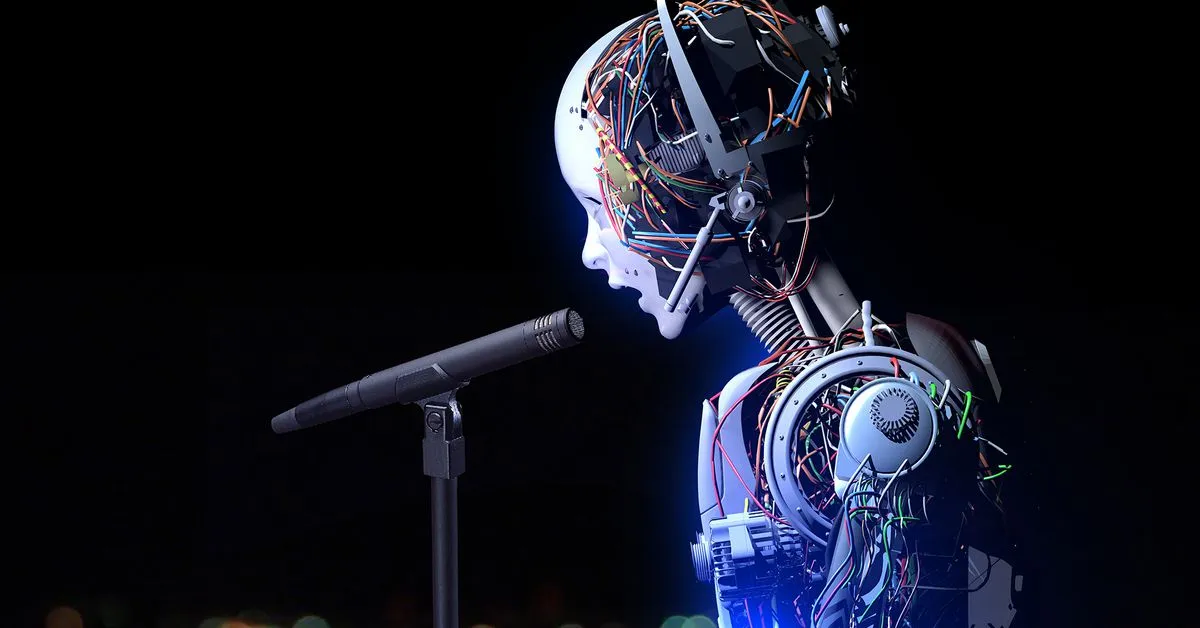We have to be very vigilant, said Warner Music Group Chief Digital Officer and Executive Vice President of Business Development Oana Ruxandra, protecting the creativity and rights of artists. AI music tools can place new forms of expression at an artist’s fingertips, helping them bring ambitious concepts to life in a matter of clicks and perform sound engineering tasks more efficiently. Companies and artists are taking AI even further by pairing music with immersive, interactive, and user-generated experiences in the metaverse and beyond.
VNCCII, the metaverse-first alter-ego of Sydney-based female producer Samantha Tauber, is utilizing the industry-leading real-time 3D creation tool, Unreal Engine, to stream live broadcast interviews from the metaverse, in addition to performing in virtual concerts and shows. Web3 music company Pixelnyx combines augmented reality (AR) experiences with metaverse gaming and is focused on helping artists build memorable experiences for fans. Pixelnyx released Korus, a tool that allows users to create AI-powered music companions using officially-licensed artist content.
WarpSound, an adaptive AI music platform, has found several ways to integrate blockchain-based collectibles and digital avatars into its business offerings. The company is soon releasing a software API that composes original music note-by-note in a range of styles. WarpSound has also partnered with the Tribeca Film Festival and YouTube to create interactive and playful music experiences between artists and audiences.
Tools like Riffusion and Soundful allow users to provide text prompts that are transformed into music, while ChatGPT can write a two-verse song with a pre-chorus, chorus, bridge, and outro in just under 30 seconds with minimal prompting. These sounds can then be minted as NFTs and sold on marketplaces like OpenSea.
Audio production requires more computing power than static text and image outputs and, therefore, is lagging behind, according to experts in the field. Machines are also slower to learn from AI datasets since audio files that feed them rarely have comprehensive text descriptions to teach the AI about the file’s attributes.
AI music tools can aid, augment, or enhance an artist’s creative style, while respecting the craft. If used in this spirit, AI music tools can help artists find new inspiration and source material that invigorates their creative processes.
